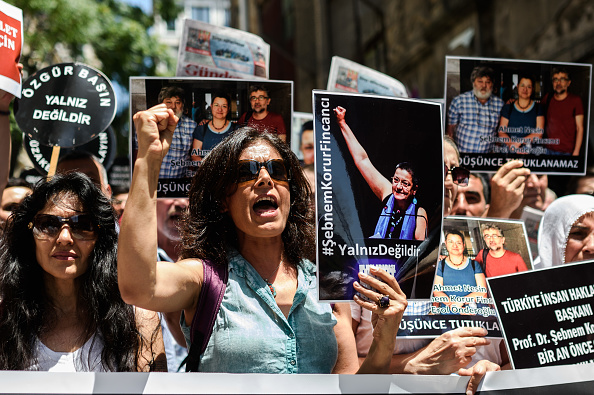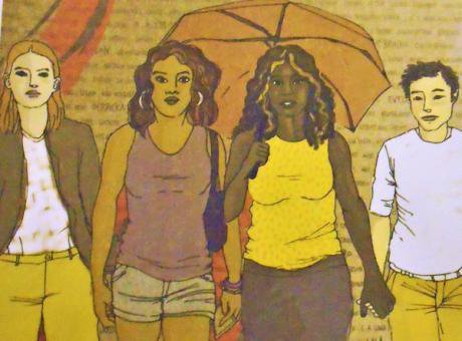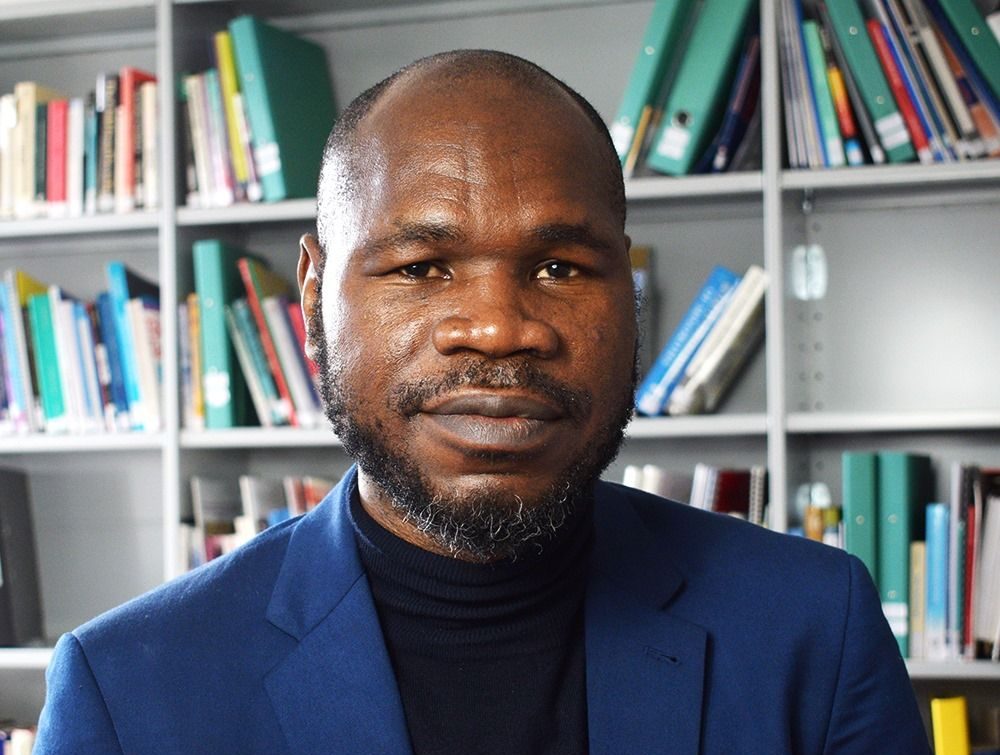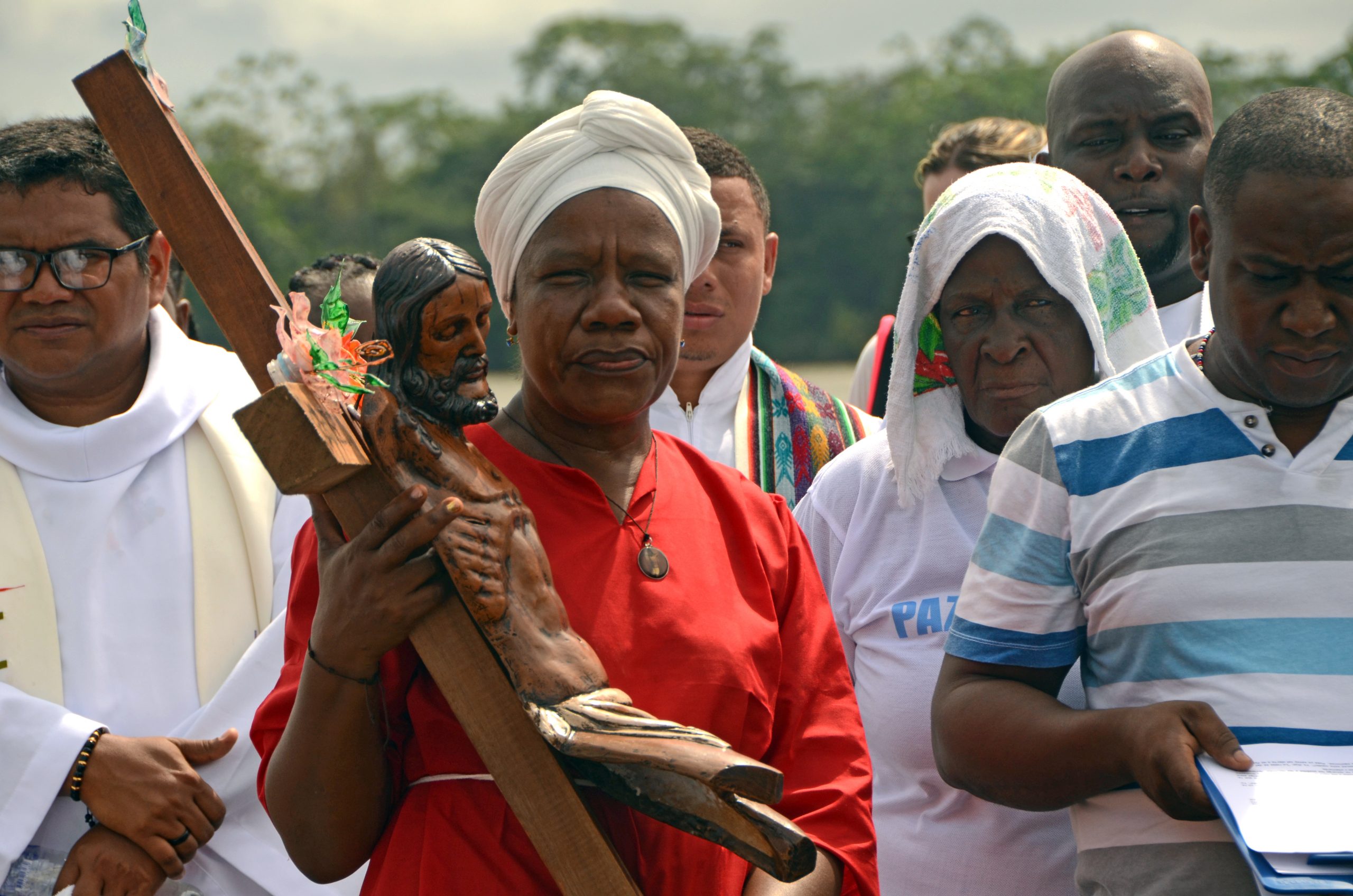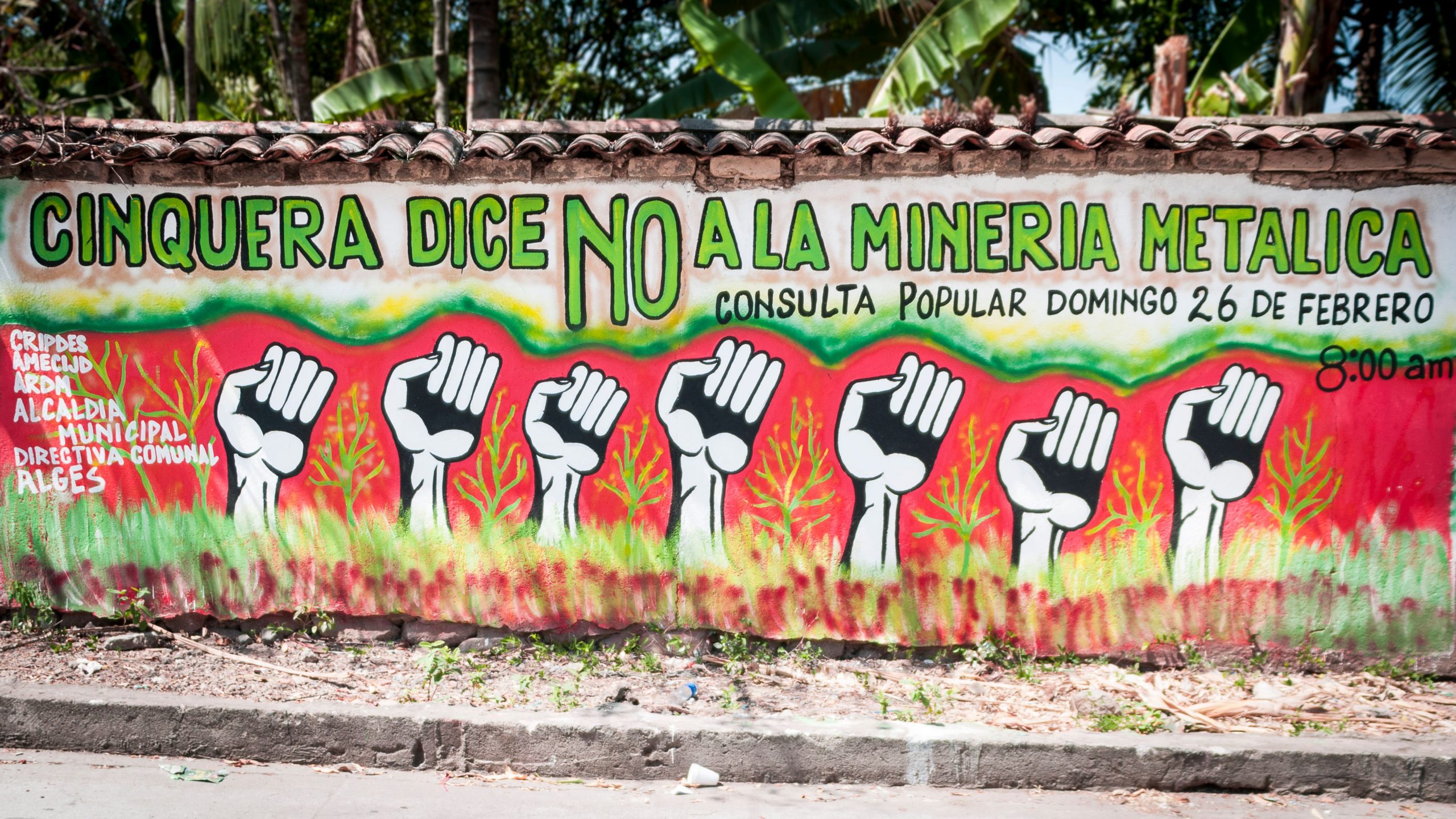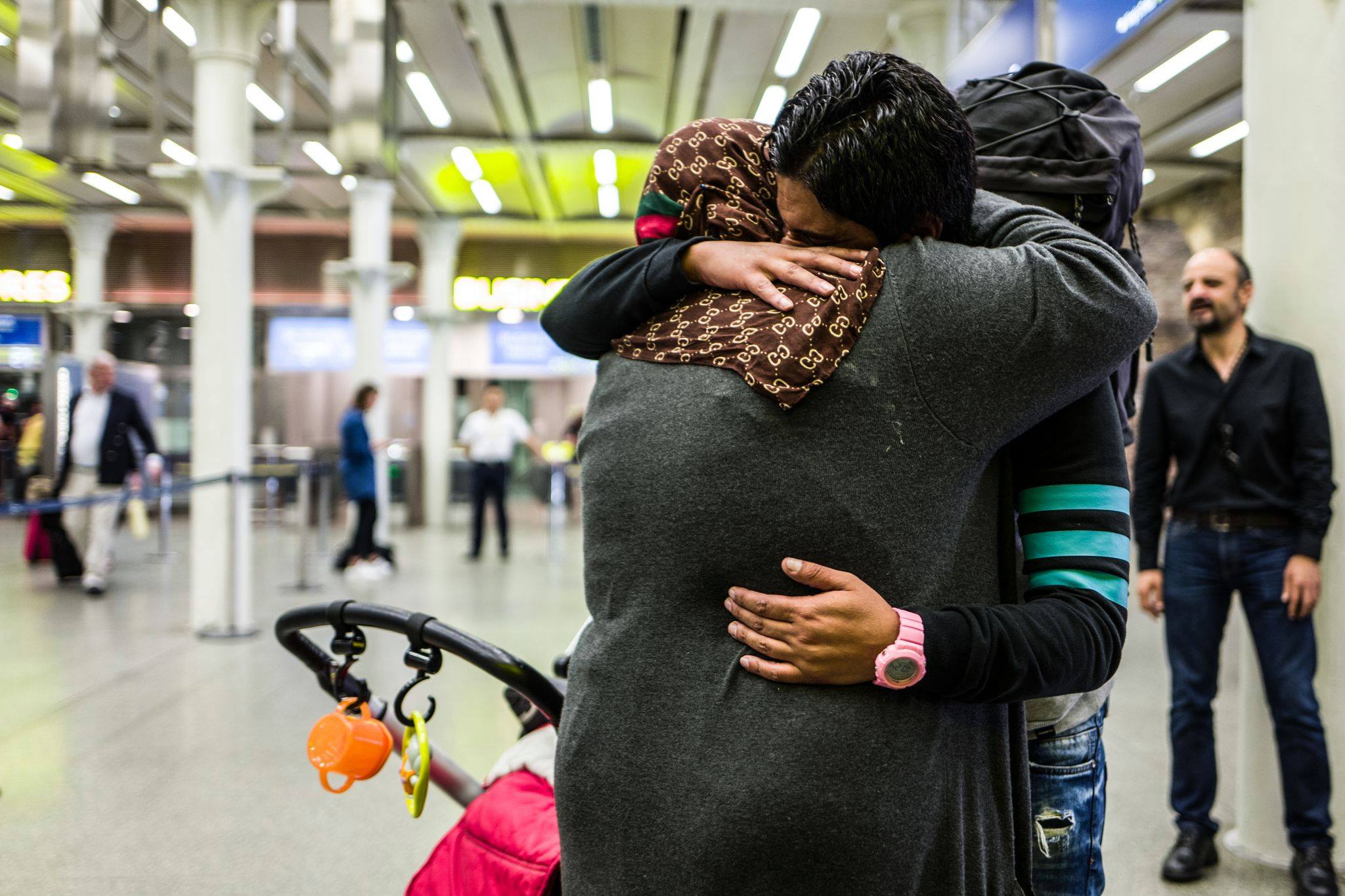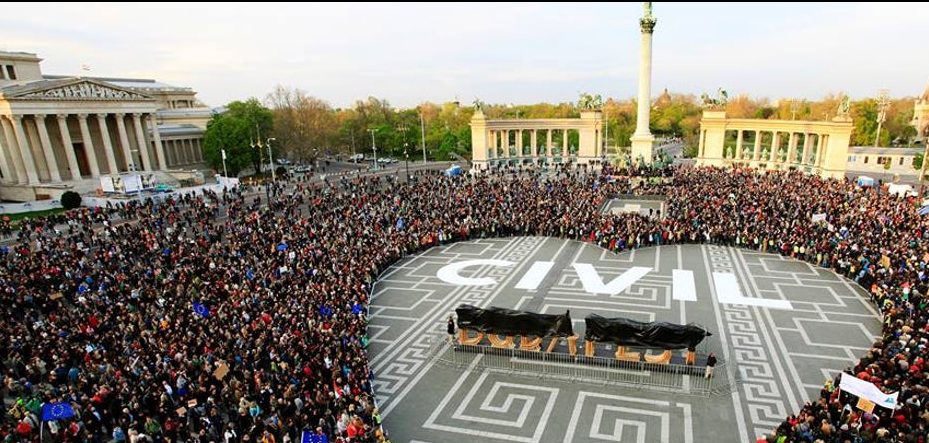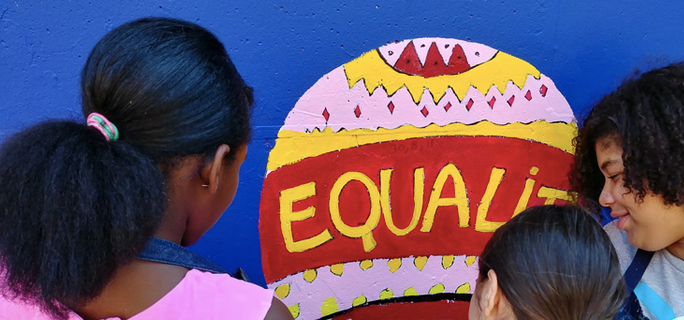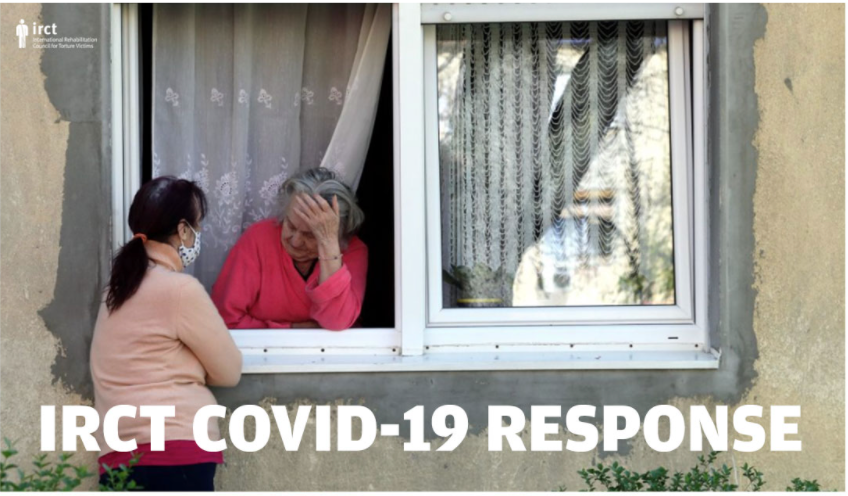The Trust was founded in 1995. Communism had fallen in the Soviet Union and Eastern Europe, apartheid was over in South Africa, the military dictatorships in Latin America had ended, China was opening up and women’s rights and LGBT rights were expanding. It felt like a hopeful era for human rights, but we also realised, witnessing how little was done to stop ethnic cleansing in the Balkans, genocide in Rwanda, and devastation of Russia’s successive campaigns in Chechnya, how fragile that hope in fact was.
We helped to build Human Rights Watch and other organisations advocating for human rights principles and disseminating information about repression. We supported the campaign to establish the International Criminal Court. We supported the peace process in Northern Ireland, and, later, work on torture and extrajudicial rendition of terror suspects to countries where torture was practiced with impunity. We funded forensic work on mass graves, and efforts to memorialise human rights abuses and atrocities. We supported environmental groups in authoritarian and post-authoritarian contexts, partly for the benefits of conservation and caring for the environment, and partly to encourage civil society generally.
We have always believed in the autonomy of the organisations we support. We are keenly aware of the power imbalance between donors and grantees, and fund our grantees in a spirit of solidarity and true co-operation. The people we support know better than we do the realities on the ground and how best to use their resources to meet those realities. Most of our grants, therefore, are not earmarked for particular projects. Our programme staff do a rigorous assessment of proposed grantees, and once a group has passed through that process we regard them as equal partners, and support them with long-term unrestricted grants.
Human rights are principles for a just society. The case against torture and extra-judicial executions unfortunately still needs to be reiterated, even in democracies. Fundamental rights of free expression and the principle of the independence of the judiciary are coming under attack in the new authoritarian movements in Europe and elsewhere. Corruption and misinformation corrode democracy and the rule of law in many parts of the world, accompanied by intimidation and violence, including the murder of journalists and others. Funding human rights is increasingly challenging, but our work is continuing and expanding.
Sigrid Rausing

